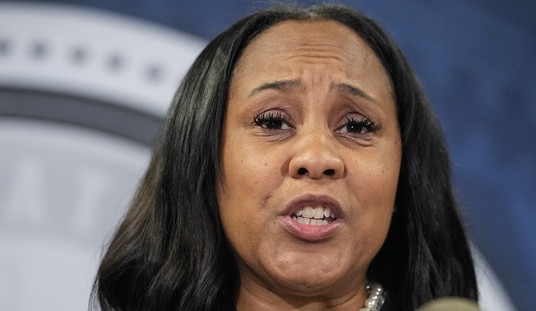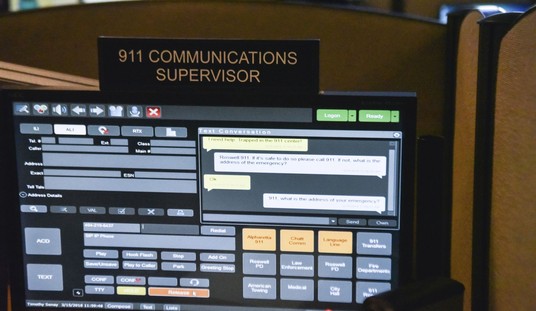Is Hurricane Irene a “harbinger of human-induced Climate Change” as a New York Times headline suggests, or just a seasonal tropical cyclone? We are, after all, smack-dab in the middle of hurricane season.
Seeing Irene as Harbinger of a Change in Climate
By JUSTIN GILLIS, The New York Times August 27, 2011
The scale of Hurricane Irene, which could cause more extensive damage along the Eastern Seaboard than any storm in decades, is reviving an old question: are hurricanes getting worse because of human-induced climate change?
The short answer from scientists is that they are still trying to figure it out. But many of them do believe that hurricanes will get more intense as the planet warms, and they see large hurricanes like Irene as a harbinger.
While the number of the most intense storms has clearly been rising since the 1970s, researchers have come to differing conclusions about whether that increase can be attributed to human activities.
Junk science, junk journalism, or both?
- Presumes facts not in evidence: “are hurricanes getting worse because of human-induced climate change?” and “… the number of the most intense storms has clearly been rising since the 1970s… “
- Falls back on the old journalist’s crutch when promoting a junk science thesis: “Some scientists say…”
By contrast, here is a post based in fact and scientific observation, which dismantles the basic assumption of the Times’ piece.
Global hurricane activity at historical record lows: new paper
by Ryan Maue, wattsupwiththat.com, June 26, 2011
During the past 6-years since Hurricane Katrina, global tropical cyclone frequency and energy have decreased dramatically, and are currently at near-historical record lows. According to a new peer-reviewed research paper accepted to be published, only 69 tropical storms were observed globally during 2010, the fewest in almost 40-years of reliable records.
Furthermore, when each storm’s intensity and duration were taken into account, the total global tropical cyclone accumulated energy (ACE) was found to have fallen by half to the lowest level since 1977.
In his new paper “Recent historically low global tropical cyclone activity”, Dr. Ryan Maue, a meteorologist from Florida State University, examined the last 40-years of global hurricane records and found strikingly large variability in both tropical cyclone frequency and energy from year-to-year. Since 2007, global tropical cyclone activity has decreased dramatically and has continued at near-historical low levels. Indeed, only 64 tropical cyclones were observed globally in the 12-months from June 2010 – May 2011, nearly 23-storms below average obliterating the previous record low set in 1977.
What distinguishes harbinger from a garden-variety hurricane? Why is Irene a harbinger, and not Andrew (Cat-5, 1992) or Camille (Cat-5, 1969)? For that matter, what about the devastating Galveston hurricane of 1900?
The answer does not lie in geography: both the 1938 New England Hurricane and Hurricane Agnes (Cat-1, 1972) are among the most damaging hurricanes in U.S. history.
Of course, none of this is to minimize the impact of Irene on so many lives. We pray for those still in harm’s way.
Cross-posted at stevemaley.com.












Join the conversation as a VIP Member